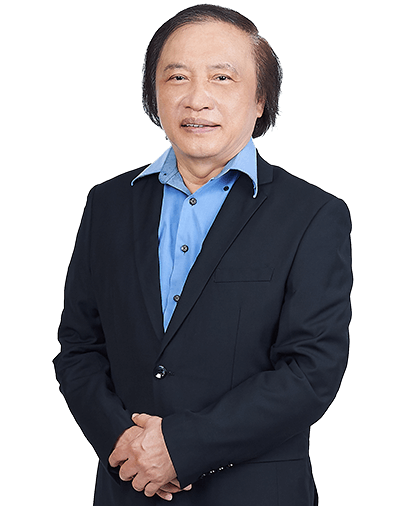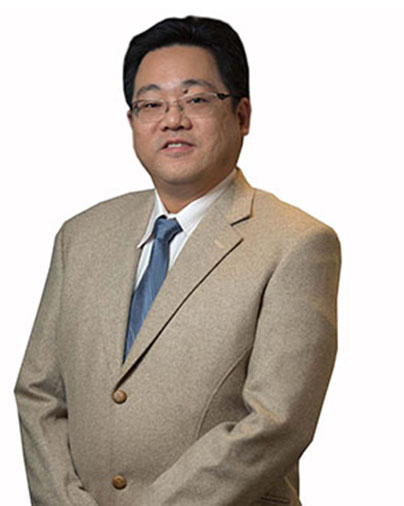What is Parkinson's Disease?
Parkinson's Disease is a common degenerative disorder that affects an average of 4 million people around the world. This disease is characterised by abnormal body movements.
Currently, there are no cure for Parkinson's Disease, but certain medications and treatment options are available to alleviate the symptoms and improve quality of daily life.
Parkinson's Disease affects everybody in different ways, and sometimes associated disabilities or limitations of normal daily activities may take a long time to develop.
Sleep problems may be an early symptom of Parkinson's disease, even before motor symptoms have begun and these include:
- Daytime sleepiness
- Insomnia (difficulty falling asleep)
- Nightmares
- Sleep Apnea (or Obstructive Sleep Apnea)
Parkinson's Disease is caused by the progressive degeneration of a structure in the brain called Substantia Nigra. This structure is responsible for producing dopamine, a neurotransmitter (brain chemical) that controls movement. Lack or low levels of dopamine trigger symptoms of Parkinson's Disease. The underlying cause of this degeneration is not yet fully understood.
Continuing studies are investigating the potential links between Parkinson's Disease and risk factors including aging, environmental toxins and free radicals.
Genetic causes are also being examined. However, only a small percentage of Parkinson's Disease patients have a family history of the disease.
The main symptoms of Parkinson's Disease include:
- Balancing difficulty when walking or standing
- Difficulty swallowing and drooling
- Emotionless face
- Shaking arms and legs (when at rest)
- Slow walking and slow movement
- Stiff neck, legs, and body
Your doctor will evaluate your condition and then suggest treatment depending on your symptoms, age, and other medical conditions. Treatment may include:
- Deep Brain Stimulation that uses electrical pulses to reduce the symptoms of Parkinson's Disease. Electric pulses to block the abnormal brain signals that could be causing the various neurological disorder
- Dopamine Therapy uses medication to compensate for the lost dopamine. Dopamine Agonists mimic the action of natural dopamine. Levodopa therapy delivers dopamine to the brain
- Non-Dopaminergic Therapy that uses medication to compensate for the lost dopamine. Dopamine Agonists mimics the action of natural dopamine. Levodopa therapy delivers dopamine to the brain
- Amantadine drug that increases the release of dopamine, or inhibits the release of another neurotransmitter called Glutamate.
- Anti-Cholinergic drugs that inhibits the action of another neurotransmitter, called Acetylcholine, that becomes more active when dopamine levels for down
- Treatment of movement disorders with oral medications or injections is used to reduce the frequency and severity of abnormal movements


f814fcc8-0285-4f8e-a299-e035d4fc69a6.png?sfvrsn=ecff8761_11)





b906e409-131b-4079-b913-9540a06941ca.png?sfvrsn=9fec50a9_9)


dbc328a2-545a-4596-a384-8d7b1f6492f5.png?sfvrsn=56702c87_9)









